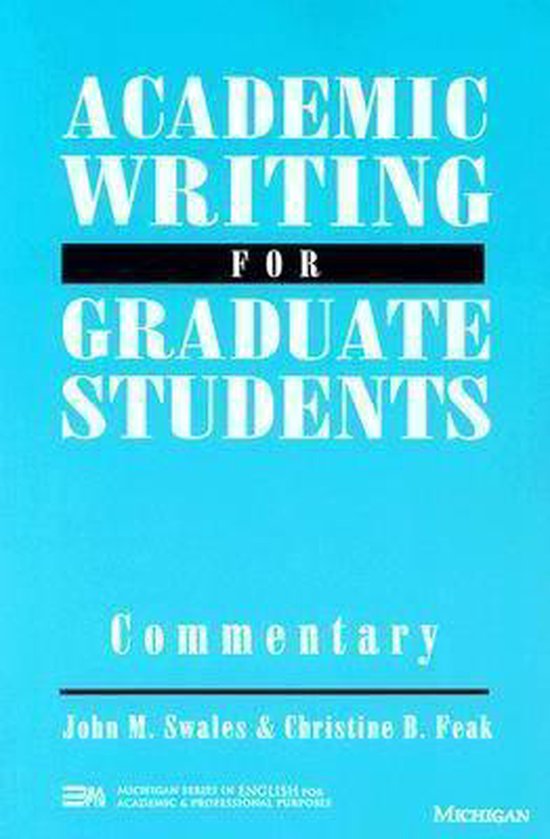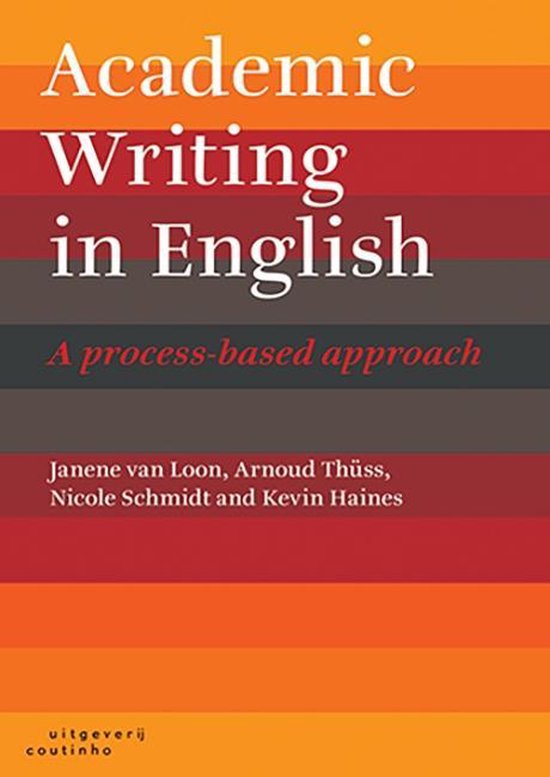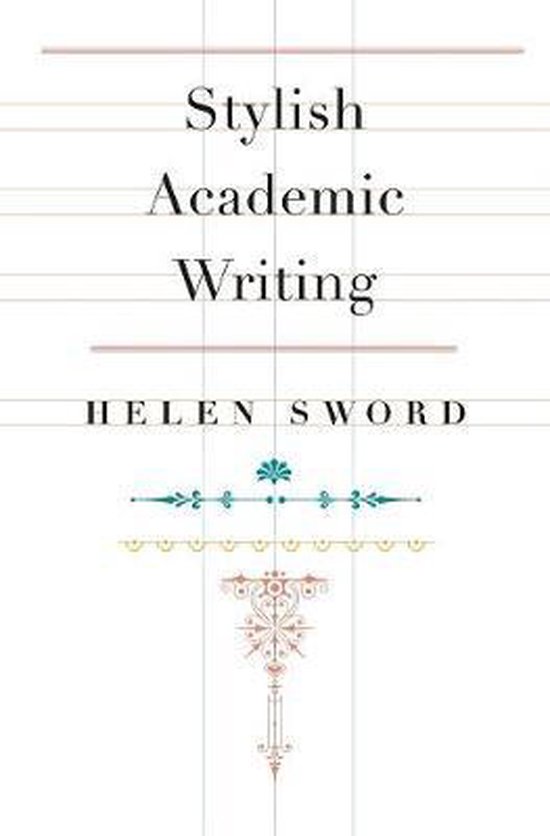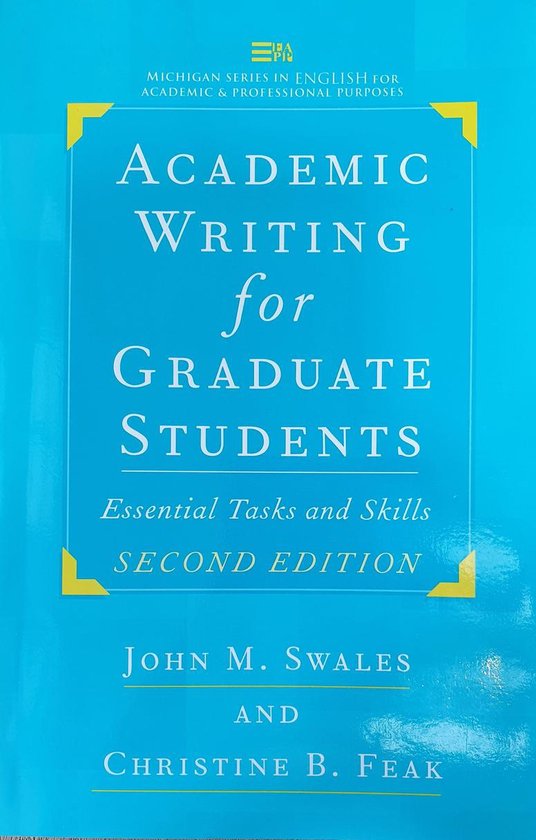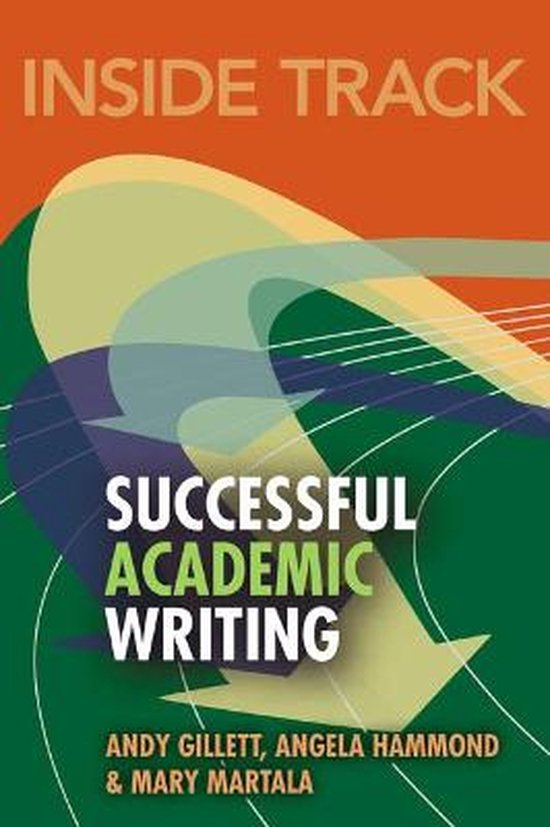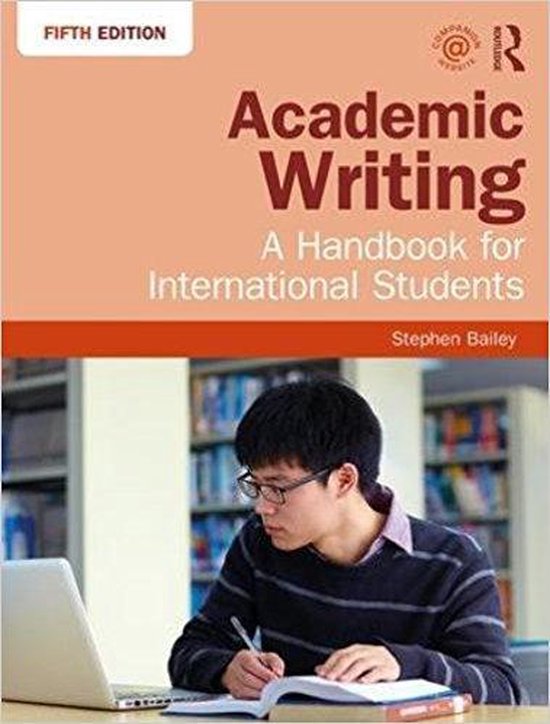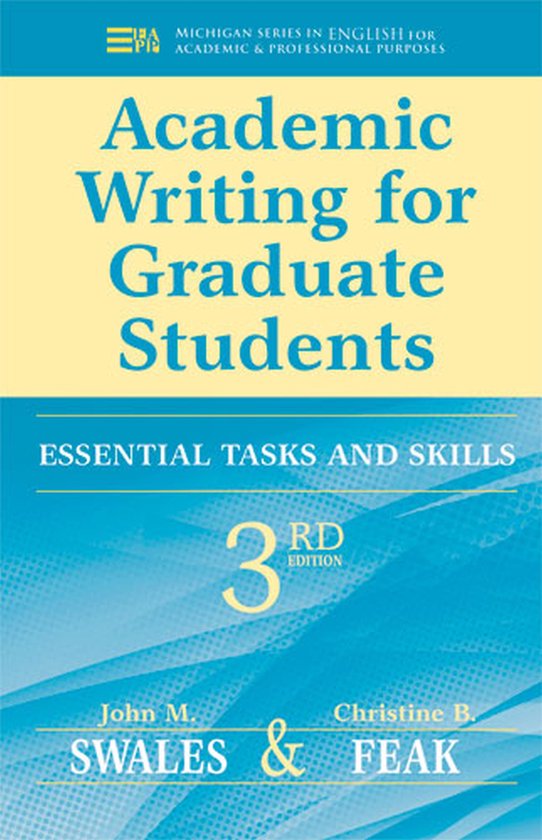
Academic Writing For Graduate Students
Coverage includes understanding the intended audience, and academic genres; the use of task-based methodology, analytic group discussion, and genre consciousness-raising; how to write summaries and critiques; and helping students position themselves as junior scholars in their academic communities.
Explains understanding the intended audience, the purpose of the paper, and academic genres; includes the use of task-based methodology, analytic group discussion, and genre consciousness-raising; shows how to write summaries and critiques; features "language focus" sections that address linguistic elements as they affect the wider rhetorical objectives; and helps students position themselves as junior scholars in their academic communities.
Among the many changes in the third edition:
Explains understanding the intended audience, the purpose of the paper, and academic genres; includes the use of task-based methodology, analytic group discussion, and genre consciousness-raising; shows how to write summaries and critiques; features "language focus" sections that address linguistic elements as they affect the wider rhetorical objectives; and helps students position themselves as junior scholars in their academic communities.
Among the many changes in the third edition:
-
- newer, longer, and more authentic texts and examples
- greater discipline variety in texts (added texts from hard sciences and engineering)
- more in-depth treatment of research articles
- greater emphasis on vocabulary issues
- revised flow-of-ideas section
- additional tasks that require students to do their own research
- more corpus-informed content
The Commentary has also been revised and expanded.
This edition of Academic Writing for Graduate Students, like its predecessors, has many special features:
- It is based on the large body of research literature dealing with the features of academic (or research) English and extensive classroom experience.
- It is as much concerned with developing academic writers as it is improving academic texts.
- It provides assistance with writing part-genres (problem-solutions and Methods and Discussion sections) and genres (book reviews,research papers).
- Its approach is analytical and rhetorical-users apply analytical skills to the discourses of their chosen disciplines to explore how effective academic writing is achieved.
- It includes a rich variety of tasks and activities, ranging from small-scale language points to issues of how students can best position themselves as junior researchers.
| Auteur | | John Swales |
| Taal | | Engels |
| Type | | Paperback |
| Categorie | | Mens & Maatschappij |
